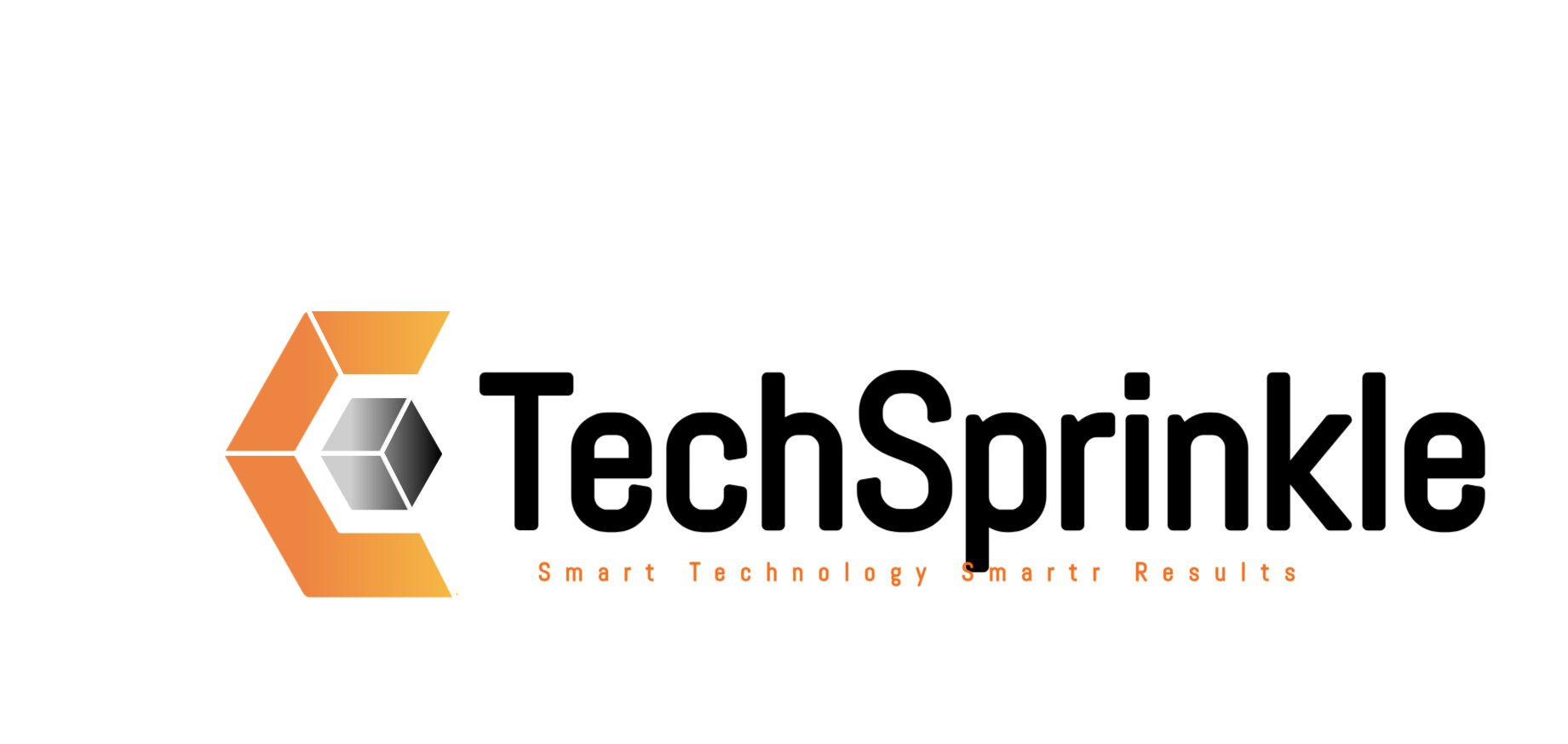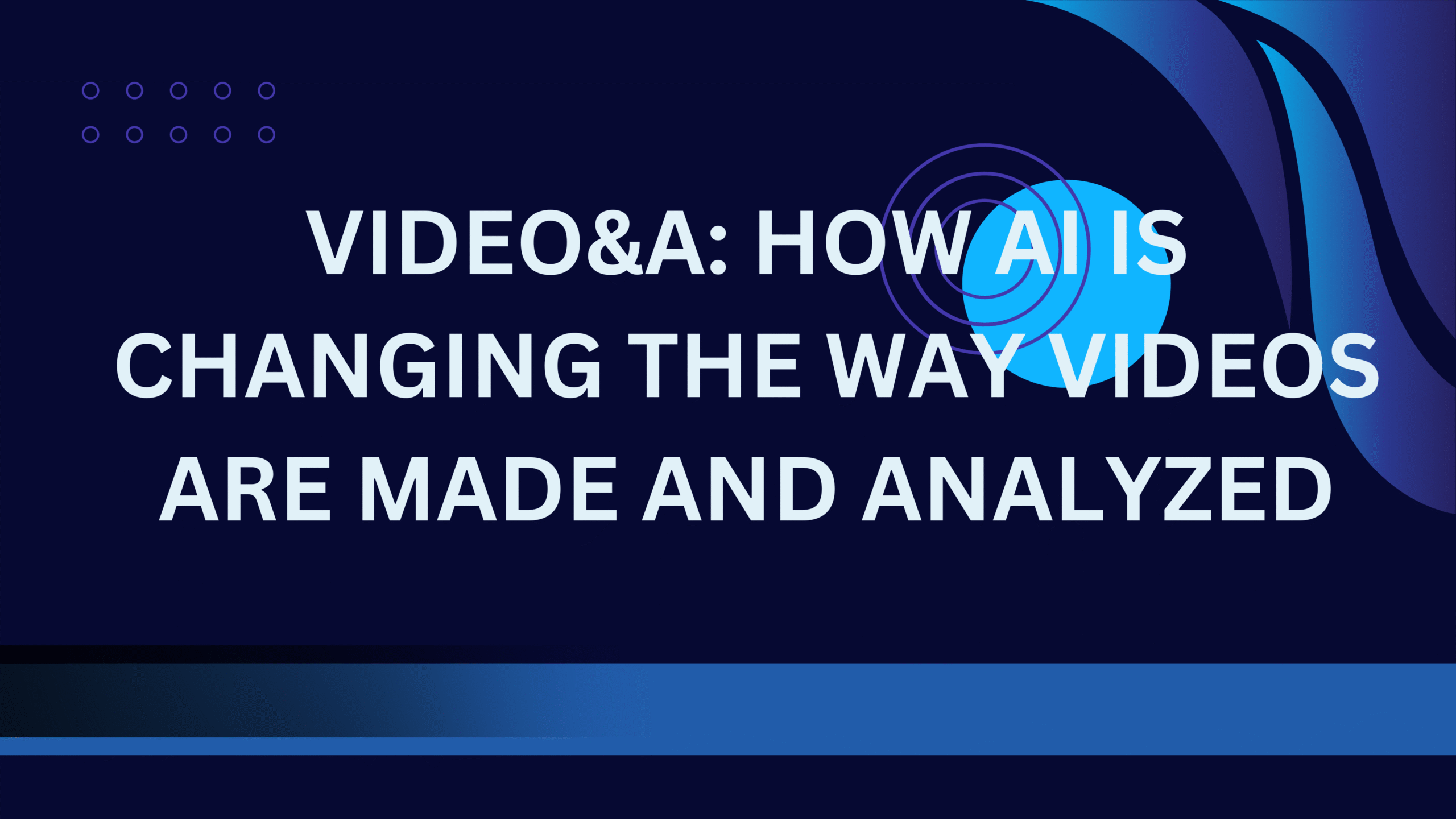Table of Contents
Welcome
In the fast paced world of software engineering and digital transformation versioning is more than just a number it’s a story. Every integer, number and identifier in a software version stands for hundreds or thousands of hours of work, user feedback, system testing and a promise to move forward. In this environment, one version has quietly caught the attention of businesses: 493xds5.0.
At first, “493xds5.0” can look like a code. It could be a version a module, an update to a protocol, or even a code for an internal release. No matter what the details are, these kinds of identifiers typically mean that a big step has been taken in the development of software, especially in proprietary industrial or corporate applications.
This blog will talk about what 493xds5.0 probably means in the world of software why it’s important, how it works, what benefits and problems it provides and the main reasons why it is being used. Lastly we’ll talk about how these kinds of software versions affect the IT ecosystem for both corporations and developers.
What does 493xds5.0 mean in software?
493xds5.0 is best understood as a proprietary software build or versioning strategy most likely connected to corporate software used in areas like manufacturing transportation, banking or government systems. The format suggests:
“493” means a major version or branch, usually linked to a core architecture or fundamental construction.
“XDS” might be the name of a module, code system, or framework for example, XDS: Cross-Enterprise Document Sharing in healthcare systems.
“5.0” is a big release milestone that usually means big new features, changes to the system’s architecture, or a complete revamp of the system.
This kind of versioning is often seen in internal software enterprise resource planning (ERP) systems, data exchange frameworks or automation tools. It might also show that a corporation has a proprietary software versioning approach that puts a lot of emphasis on long naming conventions to make things clear and distinct.
What makes 493xds5.0 so important?
There are three main reasons why 493xds5.0 is important:
1. Evolution of a Core Software
A leap to a version 5.0 means that the software is mature. This level of software is usually at its fifth major release which means that it is more stable has more features and has new ideas than earlier versions.
2. New Frameworks and Features
The upgrade may provide stronger security protocols modular architectures and AI-driven improvements for automation and analytics as well as greater integration.
3. Business Dependency
If 493xds5.0 is in charge of important tasks like managing the supply chain, distributing documents or automating things its upgrade might affect thousands of people and systems throughout the world.
This kind of software is frequently quite important to the business, and even little modifications can have big effects on the whole company.
How does 493xds5.0 work?
1. Core Architecture 493xds5.0 is probably developed on a modular, service-oriented architecture (SOA), which means that each part may work on its own but can connect to bigger business systems.
Some of the most important parts may be:
Engine for Processing Data
Modules for Automating Workflows
Layer for API Integration
Managing users and controlling access
Frameworks for Security and Compliance
2. Options for Deployment
Businesses can pick from:
On-Premise Deployment is for places that need a lot of protection, like the military or the government.
Deployment on the cloud gives you flexibility the potential to grow and access from anywhere in the world.
Hybrid Models: These use both cloud and on site control.
3. Integration Capabilities
It is important for modern software like 493xds5.0 to work with:
SAP, Oracle, and Microsoft Dynamics are examples of ERP platforms.
CRM systems for sales and customer information
Power BI and Tableau are examples of business intelligence tools.
Custom APIs for mobile apps or tools made by other companies
4. AI and Analytics Modules Version 5.0
could have machine learning models that can forecast trends, suggest decisions, or do tasks over and over again.
5. Improvements to security
As data risks rise, 493xds5.0 may include:
RBAC stands for Role-Based Access Control.
Encryption from start to finish
Finding threats in real time
Audit Logs and Reports for Compliance
Pros of 493xds5.0
1. Growth and stability
A 5.0 release means that it has been through a lot of changes, bug fixes, and performance improvements, which makes it a good choice for important tasks.
2. Modular Design
Organizations can choose particular modules instead of a single system, which saves money and makes it easier to customize.
3. Making sure it will last
493xds5.0 brings businesses up to date with the latest technologies by supporting AI, analytics, and API integration.
4. Scalability
The platform may grow or shrink dependent on the demands of the business, whether it is a little business or a large one.
5. Better user experience
Advanced UI/UX upgrades and easy, to use dashboards, make the product easier to use by streamlining complicated tasks.
6. Following the rules
It probably has compliance features like HIPAA GDPR or ISO support if it’s utilized in regulated fields like healthcare or banking.
493xds5.0’s cons:
1. Hard to put into action
To use such an advanced platform you need training upgrades to your infrastructure and possibly downtime during the move.
2. Cost:
For smaller businesses, licensing consulting training and ongoing maintenance may mount up quickly.
3. Relying on vendor support
Customers have to go to the vendor for updates, fixes, and new features if 493xds5.0 is proprietary.
4. The chance of making too many changes
Software that can be changed a lot might lead to over-engineering, which makes it hard to fix problems or update.
5. Compatibility with old systems
Some older systems, could have trouble moving or integrating data into the new version without a lot of work.
1. Data-Driven Decision Making:
Companies desire information that they can use to make decisions. 493xds5.0 probably has real time analytics dashboards that you can change and reports that you can see.
2. Demand for Cybersecurity
There are more and more cyber risks. This version probably has new security layers that are in line with current compliance regulations.
3. Digital Change
Businesses are quickly moving their activities online. 493xds5.0 makes this easier by providing automated workflows and clever integrations.
4. Global Access
It is possible for worldwide companies to use it since it supports several languages, global time zones, and regional compliance.
5. Works with AI and machine learning
More businesses are using AI to make predictions and automate tasks. 493xds5.0 probably has AI modules that can be plugged in and used right away.
6. Design that works with DevOps
It might be DevOps ready if it has support for continuous deployment containerization Docker/Kubernetes and code pipelines.
In conclusion
The word 493xds5.0 may not be well-known, but in the world of software development, especially in corporate systems, it means something much bigger: a major jump in capability, scalability, and intelligence. 493xds5.0 is probably a sign of innovation and dependability, whether it’s running a healthcare data system, an international ERP framework, or a smart manufacturing dashboard.
The organized versioning model presents a tale of change growth and purpose. Moving to 5.0 shows that you are not just mature but also ready to meet the needs of the current world such as AI cybersecurity integration, and user empowerment.
There are problems like cost complexity and dependency on vendors but the benefits modularity intelligence and future proofing make it a good choice for businesses that want to stay competitive.
As organizations work to improve their digital skills and streamline their operations technologies like 493xds5.0 will be the key to their transition. If you’re thinking about getting a new software framework or upgrading your present ones the first step toward making better more strategic choices is to learn about the philosophy underlying these versions.









